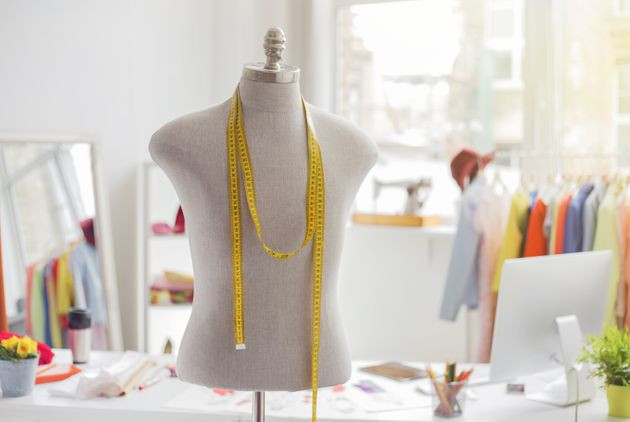The fashion supply chain is worth 140 million euros. This is what is confirmed by Flavio Sciuccati, Senior Partner at The European House Ambrosetti during the Milan Global Fashion Forum 2020, declaring that recovery from the terrible scourge of Covid should occur between the end of 2022 and beginning of 2023, with a forecasted growth between +50 and +75%. “While there are companies that have already started down the path to recovery – he declares – the smallest ones, with up to 50 employees, which represent around 71% of the supply chain, will have greater difficulty in recovering. Nevertheless, the Italian supply chain is a worldwide point of reference for the fashion industry and this should be a theme of national interest”. This sector expert also forecasts some opportunities for growth in the trend of reshoring as well as in digital technology but warns: “We must regain our role as a locomotive force in the sector, which was lost with the arrival of the French and with the ascension of leading players in retail. At the same time, the focus not must only be on luxury at top of the pyramid, but also on intercepting a wider consumer base in order to increase opportunities”.
It is clear that also the heads of the supply chain play a decisive role in preserving this legacy made up by artisanal businesses, which are fundamental for the creativity and quality of the productions. Proof of this are four leading Made in Italy brands: Dolce&Gabbana, Brunello Cucinelli, Loro Piana and Bulgari.
“Italy is founded on a craft workmanship of immense value – declare Domenico Dolce and Stefano Gabbana – an infrastructure that is present throughout the national territory, which since the end of the Eighties, we have been using to construct a supply chain network and a value of promoting creativity. We are creating a laboratory of artisans in Milan that will allow us to preserve this manual skill and culture”.
Occupational dignity and respect for skilled labour are also at the heart of the philosophy of Brunello Cucinelli: “We have 2000 employees who work in our company and 5000 in the supply chain between Tuscany and Veneto: we grant the same moral and economic dignity to everyone. We believe that the current phase resulting from the pandemic is economic and not structural, and so we have maintained a full workforce, have not asked for any discounts from the businesses we work with, and we have destined a surplus in goods to charity. We have also reconfirmed our plans for new openings. We believe that a new golden age is about to begin, where room will be made for a new humanism”. Beauty, quality, and sustainability are founding values in the DNA of Loro Piana, requiring responsibility also in terms of the supply chain and nature: “We must protect and cement a close relationship with our suppliers of wool – explains CEO of Fabio D’Angelantonio – and then with the artisanal spinners who safeguard the extraordinary know-how at the base of our product”.
Another fundamental theme in preserving the supply chain is training: Bulgari, which is already Europe’s largest jewellery manufacturer, is about to double the number of production facilities it has in Valenza and create 500 new jobs, and it approaches the theme of professional training in the following way: “We make up for any lacking in the training of Italian technical institutes through our own in-house academy – explains CEO Jean-Christophe Babin – preparing professional jewellery makers that can start working immediately”.
Finally, one last example of preserving the supply chain is represented by Holding Florence of Vam Investment: “The country is rich in artisanal luxury businesses with a strong creative and achievement-oriented component – explains CEO Francesco Trapani. Their strengths are quality, flexibility, and excellent products. Instead, with their small structures, their weaknesses are of a financial and organisational nature. To better preserve their skills and provide improved services to our customers, we are negotiating new acquisitions that allow us to create a large platform of creative expertise and achievable skill”.



